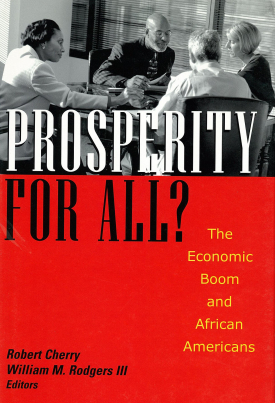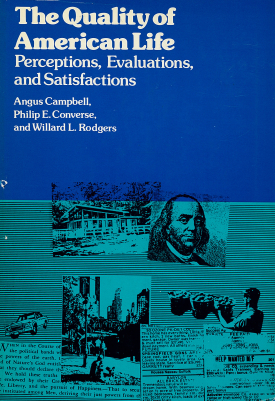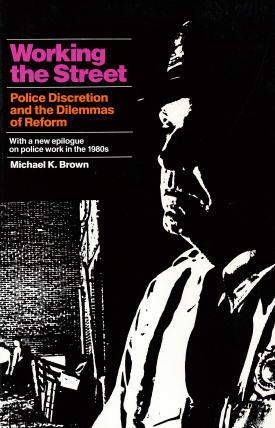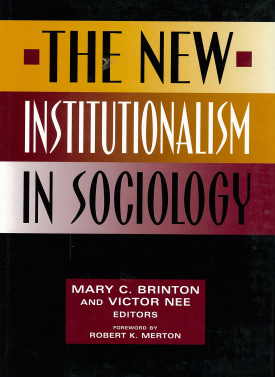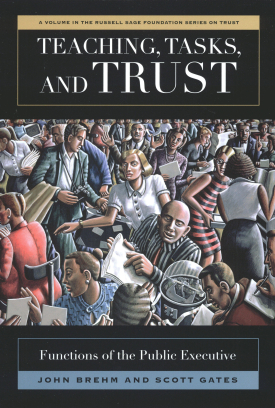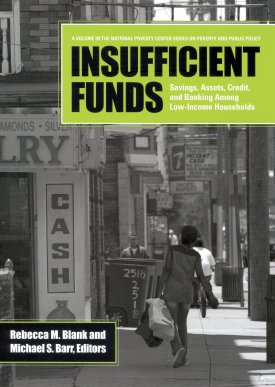
eTrust
About This Book
There is one thing that moves online consumers to click “add to cart,” that allows sellers to accept certain forms of online payment, and that makes online product reviews meaningful: trust. Without trust, online interactions can’t advance. But how is trust among strangers established on the Internet? What role does reputation play in the formation of online trust? In eTrust, editors Karen Cook, Chris Snijders, Vincent Buskens, and Coye Cheshire explore the unmapped territory where trust, reputation, and online relationships intersect, with major implications for online commerce and social networking.
eTrust uses experimental studies and field research to examine how trust in anonymous online exchanges can create or diminish cooperation between people. The first part of the volume looks at how feedback affects online auctions using trust experiments. Gary Bolton and Axel Ockenfels find that the availability of feedback leads to more trust among one-time buyers, while Davide Barrera and Vincent Buskens demonstrate that, in investment transactions, the buyer’s own experience guides decision making about future transactions with sellers. The field studies in Part II of the book examine the degree to which reputation facilitates trust in online exchanges. Andreas Diekmann, Ben Jann, and David Wyder identify a “reputation premium” in mobile phone auctions, which not only drives future transactions between buyers and sellers but also payment modes and starting bids. Chris Snijders and Jeroen Weesie shift focus to the market for online programmers, where tough competition among programmers allows buyers to shop around. The book’s third section reveals how the quality and quantity of available information influences actual marketplace participants. Sonja Utz finds that even when unforeseen accidents hinder transactions—lost packages, computer crashes—the seller is still less likely to overcome repercussions from the negative feedback of dissatisfied buyers.
So much of our lives are becoming enmeshed with the Internet, where ordinary social cues and reputational networks that support trust in the real world simply don’t apply. eTrust breaks new ground by articulating the conditions under which trust can evolve and grow online, providing both theoretical and practical insights for anyone interested in how online relationships influence our decisions.
KAREN S. COOK is Ray Lyman Wilbur Professor of Sociology and the current chair of the sociology department at Stanford University.
CHRIS SNIJDERS is professor at the Eindhoven University of Technology.
VINCENT BUSKENS is associate professor in the Department of Sociology/ICS at Utrecht University.
COYE CHESHIRE is assistant professor at the School of Information at the University of California, Berkeley.
CONTRIBUTORS: Vincent Buskens, Coye Cheshire, Karen S. Cook, Chris Snijders, Judd Antin, Brandy Aven, Davide Barrera, Gary E. Bolton, Andreas Diekmann, Alexandra Gerbasi, Ben Jann, Tapan Khopkar, Azi Lev-On, Masafumi Matsuda, Uwe Matzat, Axel Ockenfels, Paul Resnick, Hiroyuki Takahashi, Yukihiro Usui, Sonja Utz, Jeroen Weesie, David Wyder, Toshio Yamagishi, and Noriaki Yoshikai.
A Volume in the Russell Sage Foundation Series on Trust

